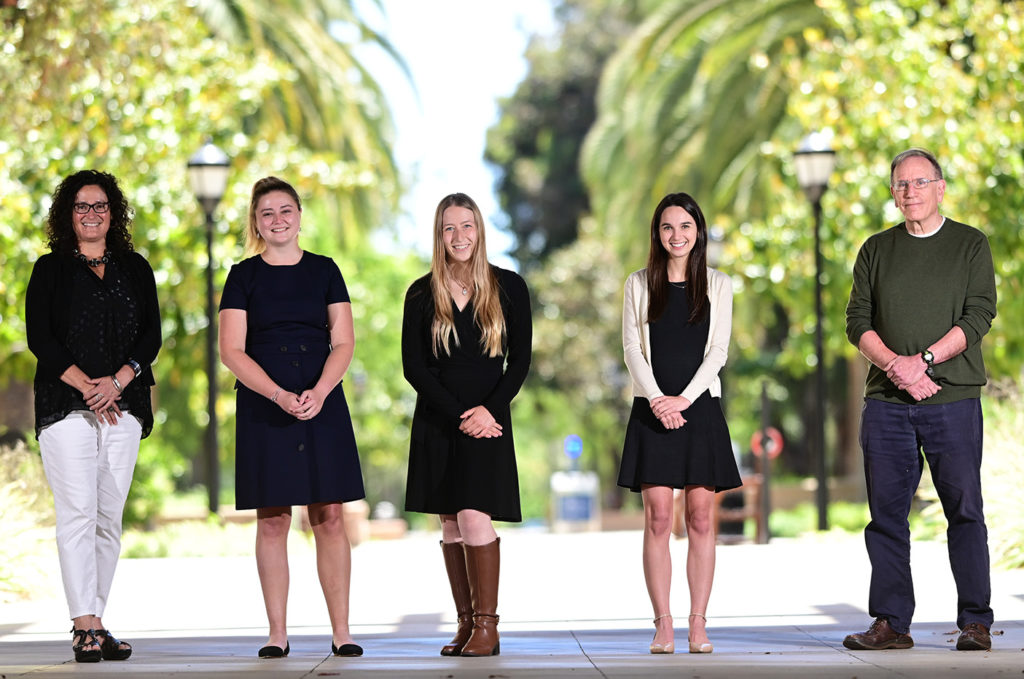Pandemic’s Virtual Courts
While the move to virtual meetings and home offices made COVID-19 lockdown measures manageable for many Americans, those in the criminal justice system have faced steep challenges adapting to new safety protocols, with complex client-attorney meetings and court appearances moved online and countless trials suspended.

A new study by the Stanford Criminal Justice Center looks at the effect of video technology and virtual interactions on criminal proceedings during the pandemic—and the feedback from defense lawyers was grim.
Laura Bixby, JD ’14, a special litigation staff attorney in the Orleans Public Defenders Office in New Orleans until January, saw the effects of the pandemic firsthand.
“COVID-19 made it almost impossible to do my job and to help my clients,” says Bixby.
The report, due out in July, stems from the fall 2020 and winter 2021 policy practicum COVID-19 and the Effect of Video Technology on Indigent Defense Services, co-taught by Robert Weisberg, JD ’79, Edwin E. Huddleson, Jr. Professor of Law and faculty co-director of the center, and Debbie Mukamal, its executive director. Seven law students participated in the practicum’s research, which included both qualitative interviews with close to 60 judges, prosecutors, defense attorneys, and court administrators in three jurisdictions (Miami-Dade County, Milwaukee County, and the Northeast Judicial District of North Dakota) and a quantitative analysis of a national survey completed by over 200 defense attorneys. The SLS team partnered with the National Association of Criminal Defense Lawyers to recruit participants for the study.
According to Mukamal, the research is the most comprehensive of its kind published to date. “This is a new world that changed overnight because of COVID, and we’re studying it in real time,” she says. “We believe our study has significant implications for a post-pandemic world where virtual technology will likely remain in some form. We hope our findings inform the development of policies related to virtual court.”
Some 78 percent of the defense attorneys surveyed agreed that the shift to virtual proceedings compromised access to justice, with a majority saying the attorney-client relationship, including client communications, was negatively affected. The virtual proceedings dehumanized clients, the attorneys consistently reported, and decreased clients’ trust in the criminal justice system. Many said virtual proceedings eliminated productive hallway conversations between defense attorneys, prosecutors, and other court actors.
A major takeaway of the study was that trials and important hearings should not be conducted virtually. “The physical cues and emotional richness of in-person communication are reportedly diminished over virtual platforms, and interviewees were generally not willing to accept that loss in something as important as a trial or witness examination,” said Taylor Benninger, JD ’21, one of the law students who worked on the study. “On the flip side, many interviewees agreed that minor, nonsubstantive hearings could use virtual platforms in the future,” reflecting efficiency benefits such as savings in time and money for working-class defendants or those with children.
Read cover story: And Justice For All: Improving Access Through Digital Tools, Innovative Design
